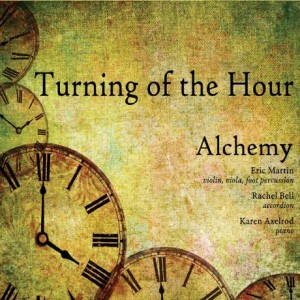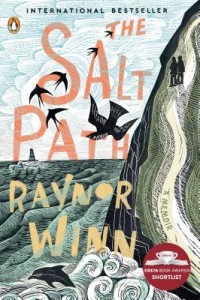This novel set mostly in Newfoundland seemed appropriate blizzard reading. It’s a sequel to Random Passage, which I haven’t read, continuing the saga of several families on a remote cape on the Atlantic shore. We learn enough about the characters that not having read the earlier book wasn’t a problem.
Lav Andrews, a civil servant in Ottawa, anchors the frame story. She’s sent to St. John’s to oversee a report on the viability of the Atlantic fishery and discovers a journal kept by her several-generations-back Aunt Lavinia. The main story is about the life of that aunt’s best friend, Mary Bundle, whose marginalia in the journal intrigue Lav.
Life on the cape is hard. There’s never enough to eat and no industry beyond fishing and salting cod to be sold in St. John’s. Mary is different from the others. Of course, she’s known poverty and starvation her whole life, as a child in rural England and as a servant in St. John’s. Where she’s different is that she’s always looking two steps ahead: not just at the next task to be done, but how to do things better so there will be a bit more food in years to come.
While the others aren’t thrilled with her nagging, they do go along with most of her ideas. She speaks her mind and is famous for her rages, a powerful character. Shaped by hardship, she couldn’t care less what others think of her and doesn’t hide her opinion of them: that they are like sheep. Now 97 and nearing death, she is dictating to her great-granddaughter Rachel what to write in the margins of Lavinia’s journal, determined to correct what she believes are inaccuracies in her friend’s account.
Mary made me think of my mother, who became increasingly outspoken as she aged. I tried for years to get her to write a memoir but it took her brother writing one to finally get her going. Like Mary, she needed to correct his “mistakes”.
Morgan captures the details of life at the end of the 19th century in a tiny isolated fishing community. It is a hard life, for sure, but Mary’s invincible spirit and strong voice make for fascinating reading. She has a lot to say about the couple of dozen inhabitants of the cape, their squabbles and celebrations. And there is always the sea, relentlessly eating away at the land, and always winter just around the corner.
In the end we come back to Lav, setting off for the Cape to meet Rachel, now nearly 100 years old. It’s a challenge to fit so many lifetimes into one not particularly long novel. One of the ways Morgan handles it is to keep the number of named characters small and giving them distinct characters and voices, so that it isn’t hard to keep track of them. Both Lav’s and Mary’s stories are organised chronologically, which makes them easier to follow. Morgan dips in and out of their lives with scenes illuminating her major storylines.
As with other books about the first Canadian settlers, such as Charlotte Gray’s Sisters in the Wilderness : The Lives of Susanna Moodie and Catharine Parr Traill, I am shocked that people could survive such conditions. It makes our current pandemic lockdown that has spawned so many complaints seem like a picnic, and the blizzard outside something minor indeed.
What do you like to read when the weather outside is frightful?




